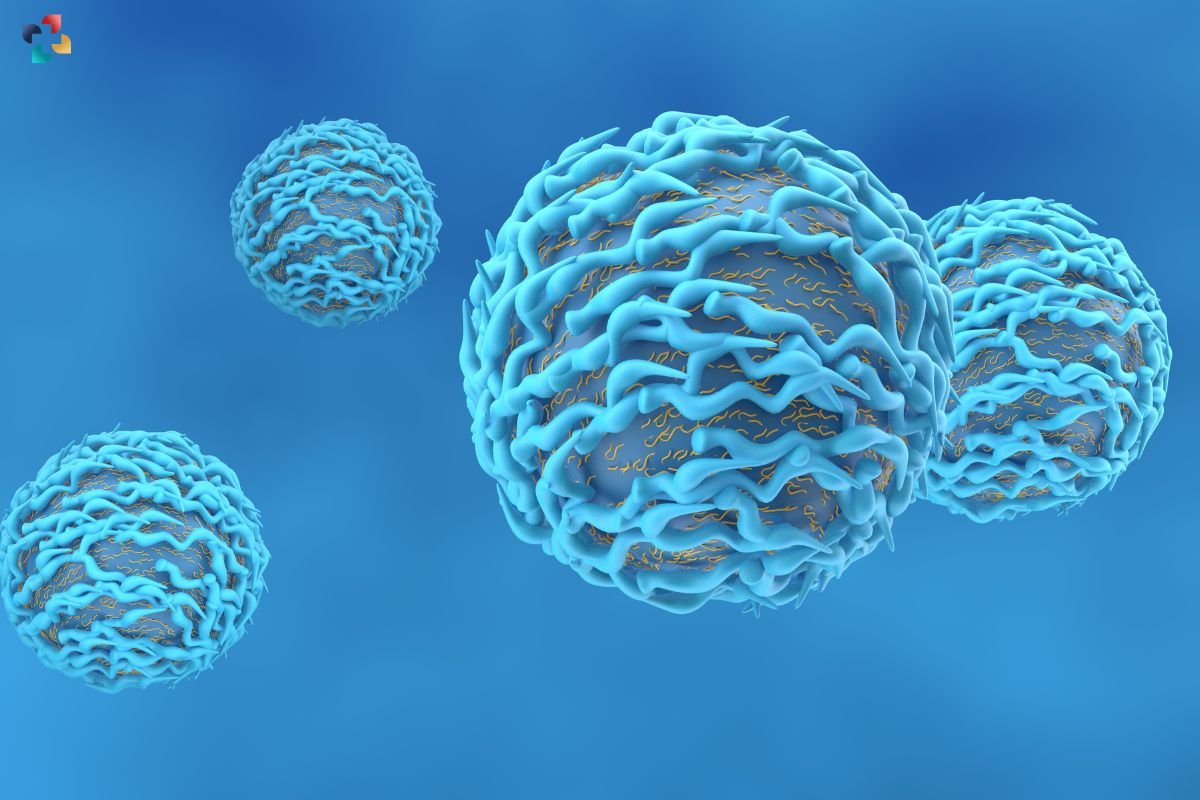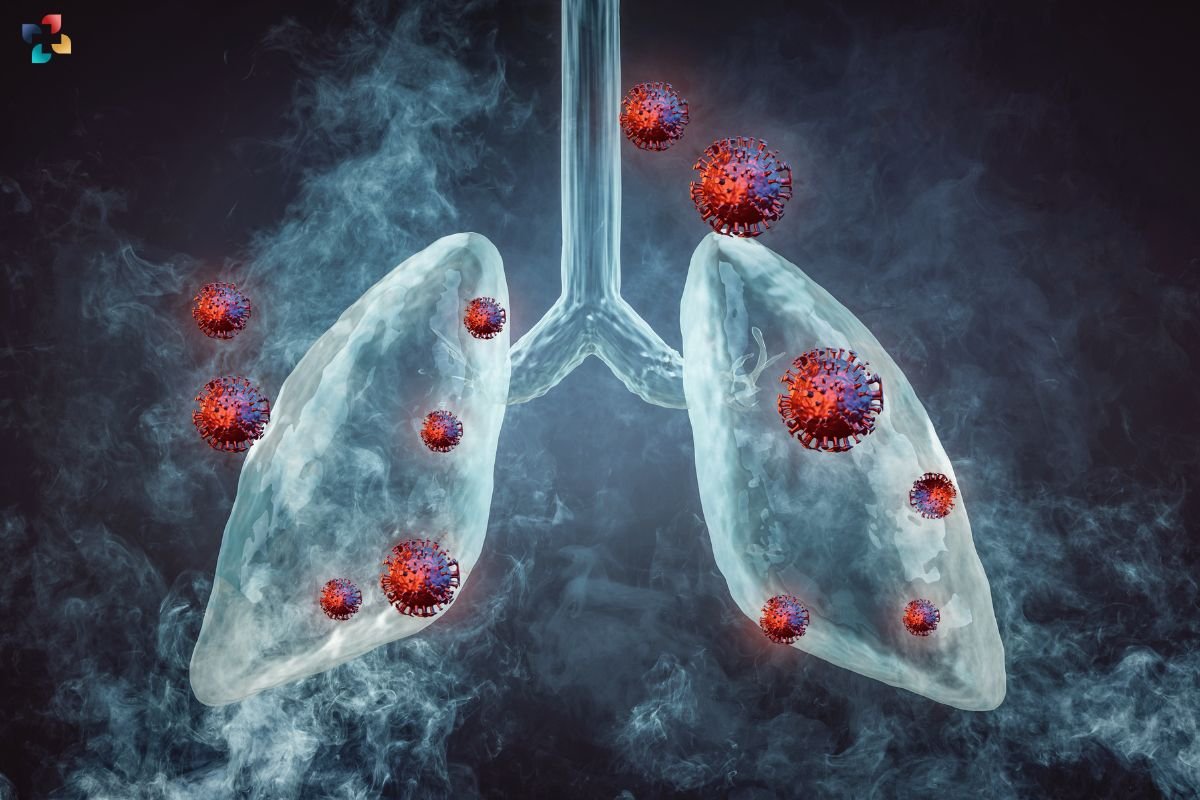Lung cancer remains one of the most prevalent and challenging forms of cancer worldwide. Traditional treatments like chemotherapy and radiation therapy have long been the mainstays of care, but the landscape of cancer treatment is rapidly evolving. In recent years, immunotherapy has emerged as a promising avenue for combating lung cancer, offering new hope to patients and oncologists alike. In this article, we delve into the realm of immunotherapy for lung cancer, exploring its mechanisms, successes, challenges, and future prospects.
Understanding Immunotherapy for Lung Cancer
Immunotherapy operates on the principle of leveraging the body’s immune system to recognize and destroy cancer cells. Unlike conventional treatments that directly target cancer cells, immunotherapy stimulates the immune system to recognize cancer as a foreign invader and mount an attack against it. This approach holds immense potential for treating lung cancer, which often evades detection by the immune system due to its ability to camouflage itself.
Key Players in Immunotherapy
Several types of immunotherapy have shown promise in the treatment of lung cancer. Among these, immune checkpoint inhibitors have garnered significant attention. These drugs work by blocking proteins called checkpoints that inhibit the immune system’s ability to recognize and attack cancer cells. By unleashing the immune system’s full potential, immune checkpoint inhibitors have demonstrated remarkable efficacy in certain lung cancer patients, leading to prolonged survival and improved quality of life.

Another notable avenue of immunotherapy for lung cancer involves adoptive cell transfer therapy, which involves harvesting immune cells from the patient, genetically modifying them to better target cancer cells, and reintroducing them into the body. While still in the experimental stages, this approach holds immense potential for personalized cancer treatment, offering hope for patients who have not responded to conventional therapies.
The Promise of Immunotherapy for Lung Cancer
Immunotherapy has revolutionized the landscape of lung cancer treatment, offering new hope to patients who previously had limited options. Clinical trials have shown that immunotherapy can significantly extend survival rates and improve overall outcomes for patients with advanced lung cancer. Furthermore, immunotherapy is associated with fewer severe side effects compared to traditional treatments like chemotherapy, enhancing the quality of life for patients undergoing treatment.
One of the most compelling aspects of immunotherapy for lung cancer is its ability to induce long-lasting responses in some patients. While not all patients respond to immunotherapy, those who do may experience durable remissions that extend far beyond the duration of treatment. This represents a paradigm shift in cancer care, moving towards treatments that aim for sustained control of the disease rather than short-term symptom management.
Challenges and Limitations
Despite its remarkable successes, immunotherapy for lung cancer is not without its challenges. One of the primary limitations is the fact that not all patients respond to immunotherapy, highlighting the need for better biomarkers to identify those who are most likely to benefit from treatment. Additionally, immunotherapy can be associated with immune-related adverse events, which can range from mild to severe and require careful management by healthcare providers.

Another challenge in the field of immunotherapy for lung cancer is the development of resistance to treatment. While some patients initially respond well to immunotherapy, resistance can eventually develop, leading to disease progression and the need for alternative treatment strategies. Researchers are actively investigating ways to overcome resistance and enhance the efficacy of immunotherapy for lung cancer through combination therapies and novel treatment approaches.
Future Directions
The future of immunotherapy for lung cancer looks promising, with ongoing research aimed at further optimizing treatment strategies and expanding the pool of eligible patients. Combination approaches that combine immunotherapy with other treatment modalities, such as chemotherapy, radiation therapy, and targeted therapy, are being explored to maximize therapeutic benefit and overcome resistance.
Additionally, efforts are underway to develop predictive biomarkers that can accurately identify patients who are most likely to respond to immunotherapy, allowing for more personalized treatment approaches. Advances in genomic profiling and molecular diagnostics hold the potential to revolutionize the way lung cancer is treated, enabling oncologists to tailor therapy to the unique characteristics of each patient’s tumor.

Conclusion
Immunotherapy represents a groundbreaking approach to the treatment of lung cancer, offering new hope to patients who previously faced limited treatment options. With its ability to harness the power of the immune system to target and destroy cancer cells, immunotherapy has ushered in a new era of cancer care, marked by improved survival rates, enhanced quality of life, and the potential for long-lasting remissions. While challenges remain, ongoing research and innovation hold the promise of further advancing the field of immunotherapy for lung cancer, ultimately bringing us closer to a future where this devastating disease can be effectively controlled and managed.
FAQs (Frequently Asked Questions) about Immunotherapy for Lung Cancer:
1. What is immunotherapy, and how does it work in the treatment of lung cancer?
Answer: Immunotherapy is a form of cancer treatment that harnesses the body’s immune system to target and destroy cancer cells. In the context of lung cancer, immunotherapy works by stimulating the immune system to recognize and attack cancer cells, which may have previously evaded detection. This can be achieved through various mechanisms, such as immune checkpoint inhibitors, adoptive cell transfer therapy, and cytokine therapy.
2. Who is a candidate for immunotherapy for lung cancer?
Answer: Patients with advanced or metastatic lung cancer, particularly those whose cancer has progressed despite conventional treatments like chemotherapy or radiation therapy, may be candidates for immunotherapy. Additionally, patients with certain molecular biomarkers, such as PD-L1 expression, may be more likely to respond to immunotherapy. However, eligibility for immunotherapy is determined on a case-by-case basis by healthcare providers, taking into account various factors such as overall health, previous treatments, and tumor characteristics.
3. What are the potential side effects of immunotherapy for lung cancer?
Answer: While immunotherapy is generally well-tolerated, it can cause immune-related adverse events, which range from mild to severe. Common side effects may include fatigue, rash, diarrhea, and flu-like symptoms. In some cases, more serious side effects such as pneumonitis, colitis, or thyroid dysfunction may occur. It’s essential for patients undergoing immunotherapy to communicate any symptoms or concerns with their healthcare team promptly, as early intervention can help manage side effects effectively.
4. How long does immunotherapy treatment typically last for lung cancer patients?
Answer: The duration of immunotherapy treatment for lung cancer varies depending on several factors, including the patient’s response to treatment, disease progression, and overall treatment goals. Some patients may experience prolonged responses to immunotherapy, with durable remissions lasting for months or even years. In other cases, treatment may be discontinued if the disease progresses or if the patient experiences intolerable side effects. Healthcare providers work closely with patients to monitor their response to immunotherapy and adjust treatment as needed to optimize outcomes.
5. Is immunotherapy for lung cancer covered by insurance?
Answer: Coverage for immunotherapy treatment varies depending on the patient’s insurance plan, the specific immunotherapy drugs being prescribed, and the indication for treatment. Many insurance plans cover immunotherapy for lung cancer as part of standard cancer care, particularly if it is recommended by a healthcare provider and supported by clinical evidence. Patients are encouraged to consult with their insurance provider and healthcare team to understand their coverage options and any potential out-of-pocket costs associated with immunotherapy treatment.







